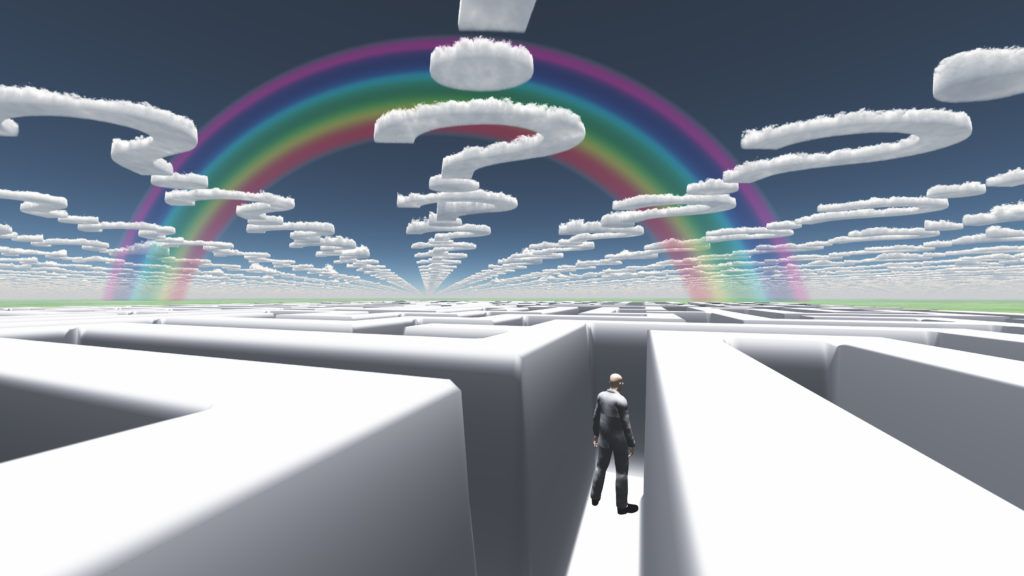
The possibility of an entourage effect with psychedelic compounds from natural sources caught PSR’s attention back in early 2019. Since then, we have been monitoring the scientific literature and news outlets to keep readers abreast of news on the theory. In November 2020, we began a series of articles on the psychedelic entourage effect as seen from the vantage point of scientists and research and development (R&D) companies. The series culminates in this article on the overall state of the art at this time. Examining this phenomenon from these two perspectives revealed an interesting and important difference of opinion.
Two Sides of the Coin
Part 1 of this series recapped some studies that have hinted at the possibility of a psychedelic entourage effect. It also examined the concept from the point of view of a few top scientists in the field including David Nichols and Alexander Sherwood. These expert pharmacologists made their stance clear; there is insufficient evidence at this time to conclude that the psychedelic entourage effect exists. They recommend that carefully designed and controlled studies are done before making observations and drawing any conclusions.
To capture the other perspective, Parts 2-5 of the series profiled four companies exploring the entourage effect phenomenon as part of their R&D activities. These companies were Mydecine, Field Trip Discovery, CaaMTech, and MindMed. According to public comments from C-Level executives and the information on their websites, the validity of the psychedelic entourage effect has been established and is providing the rationale and basis for multi-million dollar R&D investments.
Differing Opinions Give Rise to New Discoveries
Therefore, taken as a whole, this small opinion survey concludes that the scientific validity of the psychedelic entourage effect remains open to debate. It also indicates that it’s an exciting time to be involved in psychedelic research. The healthy skepticism of scientists coupled with innovation and risk-taking by psychedelic research companies continues to propel psychedelic science as never before.
Emerging scientific fields like psychedelic science are fertile ground for new and exciting theories about how and why things work the way they do in the natural world. As is the nature of science, theories come and go. They are subjected to scrutiny by peers and testing in the lab. Those that fail in proving their validity are set aside. Other theories meeting the challenge will spark curious minds to take them further down the path of discovery and understanding.
So far, the psychedelic entourage effect is meeting that challenge in the eyes of R&D companies. But there is so much more to learn before the theory has the opportunity of entering the mainstream of psychedelic science research.
